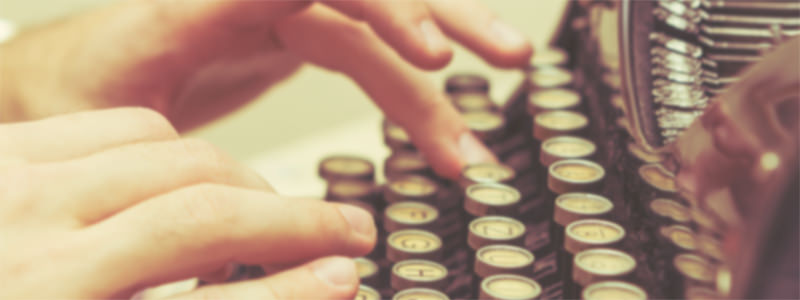
The link between wine and creativity is one we’ve explored before, in a cartoon and a simple chart. Our conclusion? Wine can certainly help get the creative juices flowing; just don’t over do it. But that’s just intuition. Now we’ve got some science to back it up:
Moderate intoxication—a blood alcohol content of about 0.075—improves problem solving and leads to what participants in the Consciousness and Cognition study referred to as “sudden insights,” which the sober participants reported significantly less often.
The title of that study? Uncorking the muse: Alcohol intoxication facilitates creative problem solving.
Here’s how their test worked:
The current experiment tested the effects of moderate alcohol intoxication on a common creative problem solving task, the Remote Associates Test (RAT). Individuals were brought to a blood alcohol content of approximately .075, and, after reaching peak intoxication, completed a battery of RAT items. Intoxicated individuals solved more RAT items, in less time, and were more likely to perceive their solutions as the result of a sudden insight.
We found this article via The Atlantic, who offered up a number of tips to fuel your creativity, related through the work habits of F. Scott Fitzgerald:
While at La Paix, [F. Scott] Fitzgerald worked in dark, disheveled rooms with a bottle of gin in a nearby drawer. He took short walks and came back to hand-write his ideas on notepads scattered on his desk. He also loved to sneak the Turnbulls’ homemade wine.
…
Part of the reason it took Fitzgerald so long to finish Tender is the Night was Zelda’s worsening condition. But you’d think that his haphazard, alcohol-fueled creative process wasn’t doing him any favors, either.Yet recent research has shown that messy, dark, noisy, booze-filled environments like the one Fitzgerald cultivated at La Paix can, in fact, help stimulate creativity.
Darkness and dim lighting can encourage freedom of thought, which leads to a more prolific generation of ideas, according to a recent paper in the Journal of Environmental Psychology. Specifically, dim lighting downplays a room’s distractions, promoting focus on internal reflection and the work at hand.
The next question is whether to keep that work on a tidy or a messy desk. While a writer in a time crunch might prefer a clean desk (reducing clutter can help people focus), one small study found that working amid disorder helped people come up with more creative ideas.
Find out more about all of these studies at The Atlantic.
Header image via Shutterstock.com
